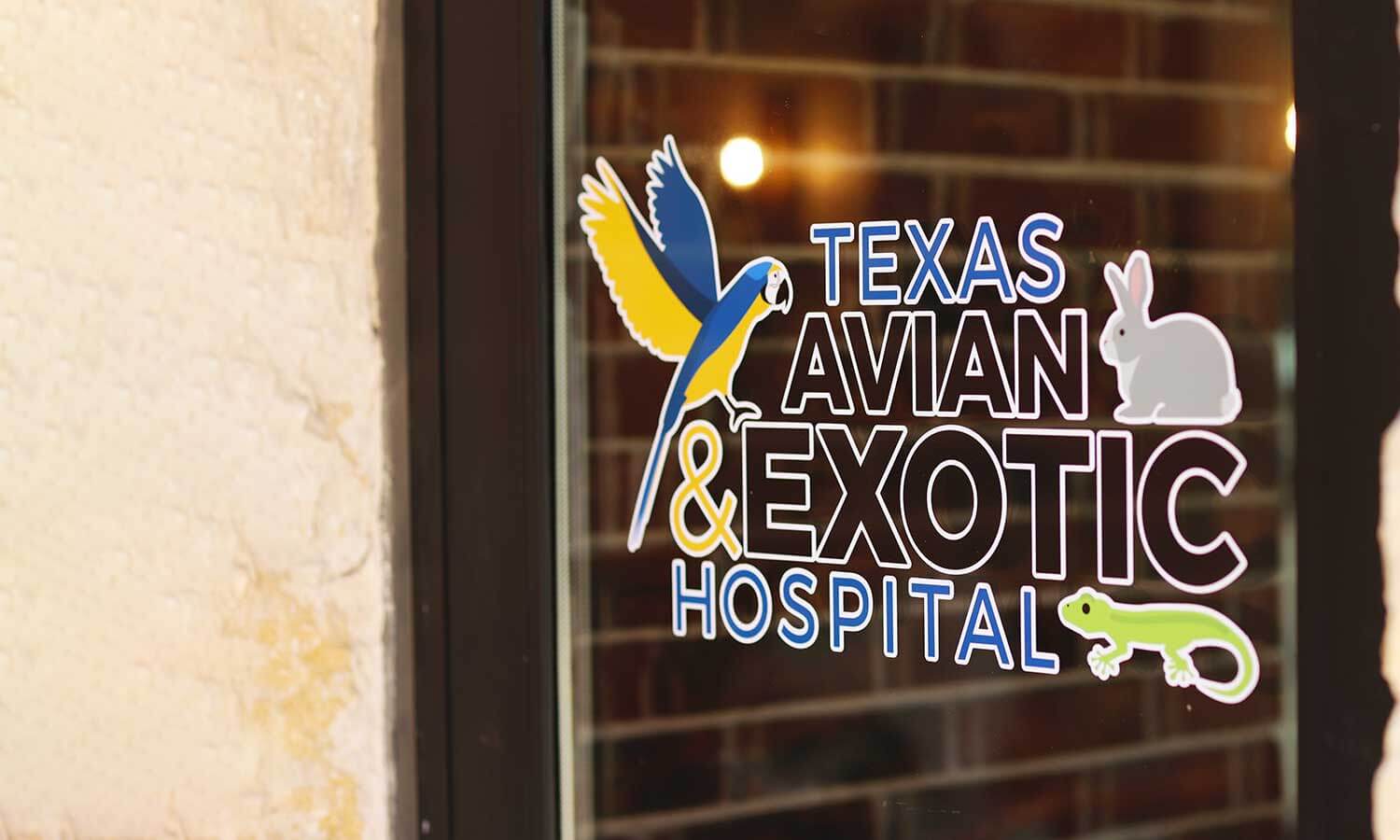Species We See
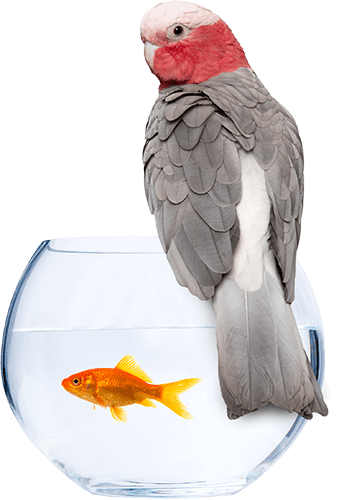
Exotic and avian species are widely varied, which makes them some of the most difficult pets for which to find expert veterinary care. At Texas Avian & Exotic Hospital, our team of skilled veterinarians is well-versed in many different species and our expertise covers an array of reptiles, birds, and small mammals.
Listed below are some of the common species we see along with links to our species-specific care pages that can give you an overview of each one’s requirements. This is by no means a list of the only species we see, just the most common pets. If you have a pet not on this list, please feel free to contact us and ask if we can service them—chances are, we can!
If you’re considering adding an exotic pet to your family or have questions about your current pet, please ask! We’re here to help.
Avian Species
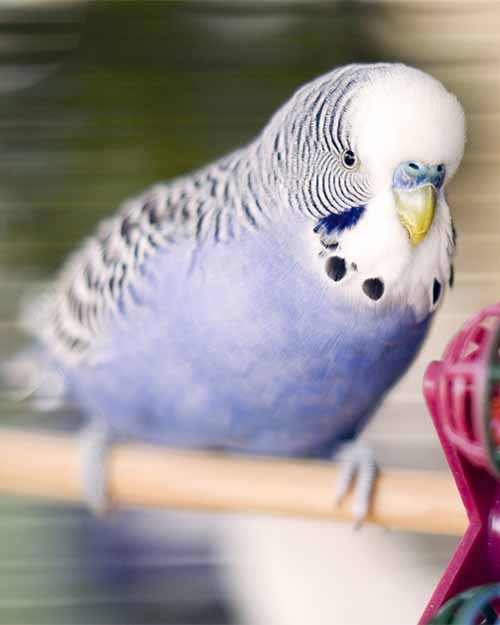
Parrots:
- Cockatiels
- Lovebirds
- Parakeets
- Conures
- Lorikeets
- Caiques
- African Greys
- Amazons
- Macaws
- Cockatoos
Other Species:
- Pigeons and Doves
- Canaries
- Finches
- Falcons
- And more!
Check out the Association of Avian Veterinarians!
Reptile & Amphibian Species
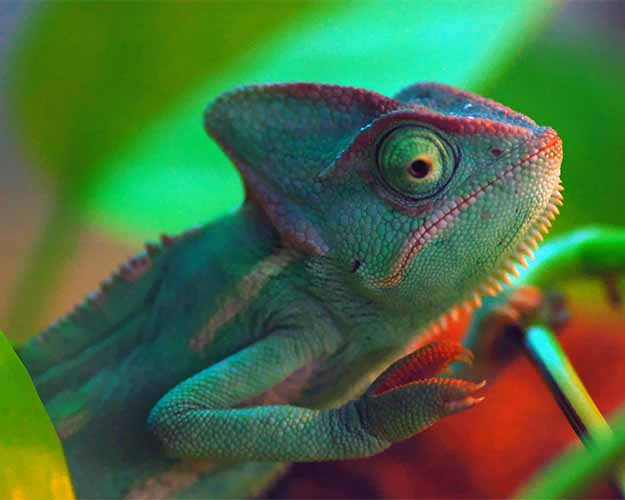
Reptiles:
- Bearded Dragons
- Leopard Geckos
- Iguanas
- Chameleons
- Boas
- Pythons
- Snakes (non-venomous and venomous)
- Turtles and Tortoises
Amphibians:
- Axolotl
- Frogs and Toads
- Salamanders and Newts
We also see a variety of fish species as well, including:
- Koi
- Angelfish
- Crayfish
- Goldfish
- And more!
The Association of Reptilian and Amphibian Veterinarians has great information as well for vets and owners alike!
Small Exotic Mammal Species
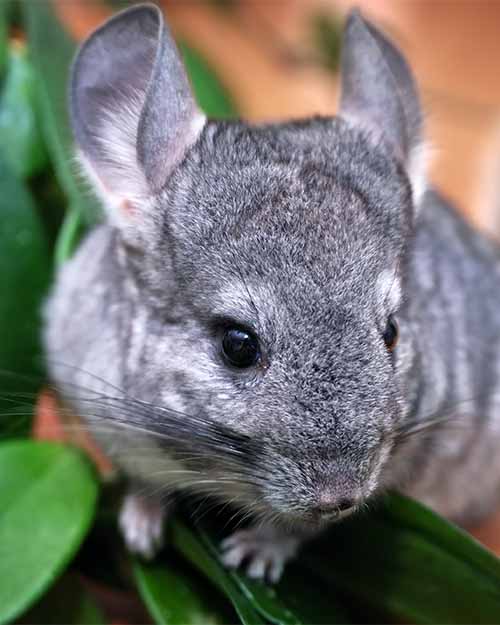
Rodents:
- Chinchillas
- Degus
- Gerbils
- Guinea Pigs
- Hamsters
- Hedgehogs
- Mice
- Rats
- Rabbits
- Prairie Dogs
Other Species:
- Coatimundi
- Kinkajous
- Fennec Foxes
- Servals and Caracals
- Lemurs
- New World Primates*
- Sugar Gliders
- Ferrets
*We do not see Old World primates
Additionally, the Association of Exotic Mammal Veterinarians can give you insight, too!
New World Primates and Lemurs

We are happy to care for New World Primates and lemurs at our practice, including:
- Spider monkeys
- Marmosets
- Capuchin monkeys
- Lemurs
Please note, we do not see Old World Primates. If you have questions, please don’t hesitate to contact us.
Marsupials
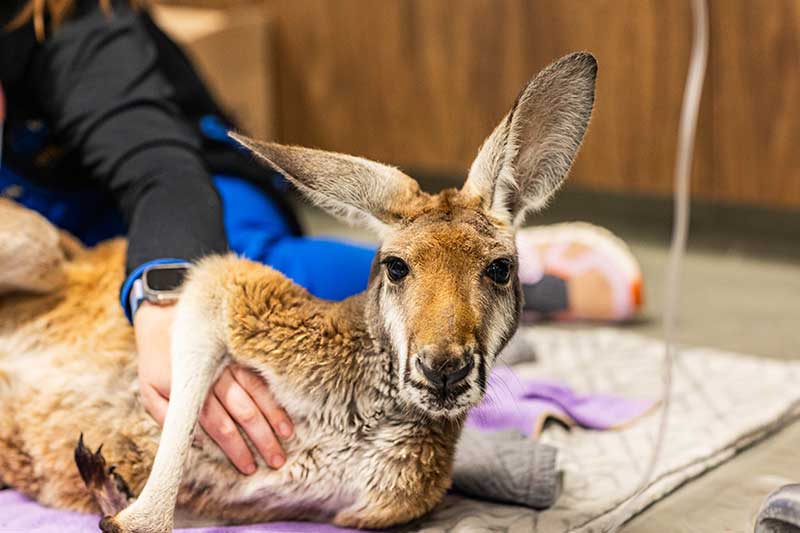
We proudly offer services for marsupials, including:
- Kangaroos
- Wallabies
Wondering if we can care for your marsupial? Give us a call and we can help determine if we can care for your pet.
Species We Don't See
While there are very few of them, it’s important for us to also list what we animals we do not treat. Animals we do not accept as patients include:
- Old World Primates (such as Chimpanzees or Baboons)
- Wildlife—By Texas law, we are not permitted to see wild animals as patients unless the owner has a valid rehabilitation license. If you have found a wild animal who appears sick and injured, we are happy to provide the names of local rehabilitation services.
Don’t see your pet’s species here? Our list of species we see is always growing, so we look forward to adding your pet! Contact us to set up an appointment.

